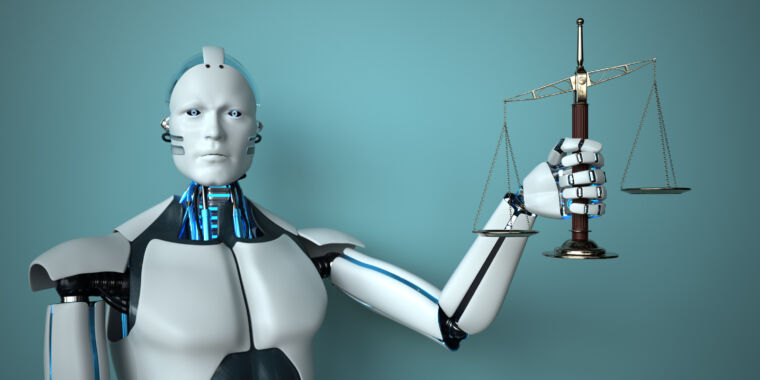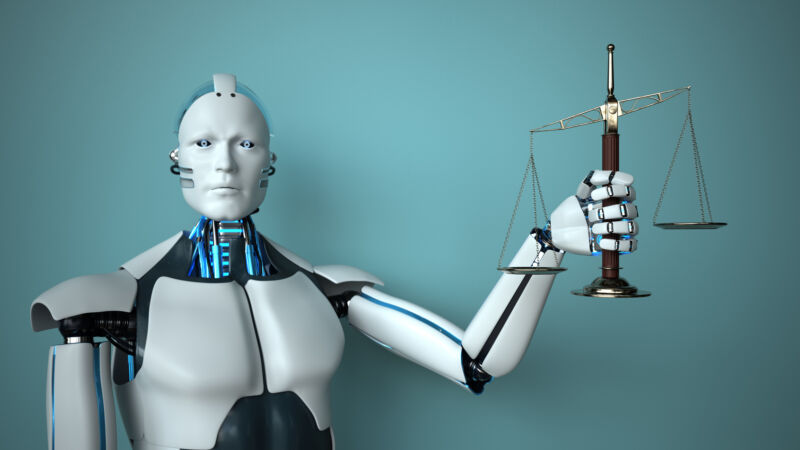DoNotPay has to pay $193K for falsely touting untested AI lawyer, FTC says


Among the first AI companies that the Federal Trade Commission has exposed as deceiving consumers is DoNotPay—which initially was advertised as “the world’s first robot lawyer” with the ability to “sue anyone with the click of a button.”
On Wednesday, the FTC announced that it took action to stop DoNotPay from making bogus claims after learning that the AI startup conducted no testing “to determine whether its AI chatbot’s output was equal to the level of a human lawyer.” DoNotPay also did not “hire or retain any attorneys” to help verify AI outputs or validate DoNotPay’s legal claims.
DoNotPay accepted no liability. But to settle the charges that DoNotPay violated the FTC Act, the AI startup agreed to pay $193,000 if the FTC’s consent agreement is confirmed following a 30-day public comment period. Additionally, DoNotPay agreed to warn “consumers who subscribed to the service between 2021 and 2023” about the “limitations of law-related features on the service,” the FTC said.
Moving forward, DoNotPay would also be prohibited under the settlement from making baseless claims that any of its features can be substituted for any professional service.
A DoNotPay spokesperson told Ars that the company “is pleased to have worked constructively with the FTC to settle this case and fully resolve these issues, without admitting liability.”
“The complaint relates to the usage of a few hundred customers some years ago (out of millions of people), with services that have long been discontinued,” DoNotPay’s spokesperson said.
The FTC’s settlement with DoNotPay is part of a larger agency effort to crack down on deceptive AI claims. Four other AI companies were hit with enforcement actions Wednesday, the FTC said, and FTC Chair Lina Khan confirmed that the agency’s so-called “Operation AI Comply” will continue monitoring companies’ attempts to “lure consumers into bogus schemes” or use AI tools to “turbocharge deception.”
“Using AI tools to trick, mislead, or defraud people is illegal,” Khan said. “The FTC’s enforcement actions make clear that there is no AI exemption from the laws on the books. By cracking down on unfair or deceptive practices in these markets, FTC is ensuring that honest businesses and innovators can get a fair shot and consumers are being protected.”
DoNotPay never tested robot lawyer
DoNotPay was initially released in 2015 as a free way to contest parking tickets. Soon after, it quickly expanded its services to cover 200 areas of law—aiding with everything from breach of contract claims to restraining orders to insurance claims and divorce settlements.
As DoNotPay’s legal services expanded, the company defended its innovative approach to replacing lawyers while acknowledging that it was likely on shaky ground. In 2018, DoNotPay CEO Joshua Browder confirmed to the ABA Journal that the legal services were provided with “no lawyer oversight.” But he said that he was only “a bit worried” about threats to sue DoNotPay for unlicensed practice of law. Because DoNotPay was free, he expected he could avoid some legal challenges.
According to the FTC complaint, DoNotPay began charging subscribers $36 every two months in 2019 while making several false claims in ads to apparently drive up subscriptions.


